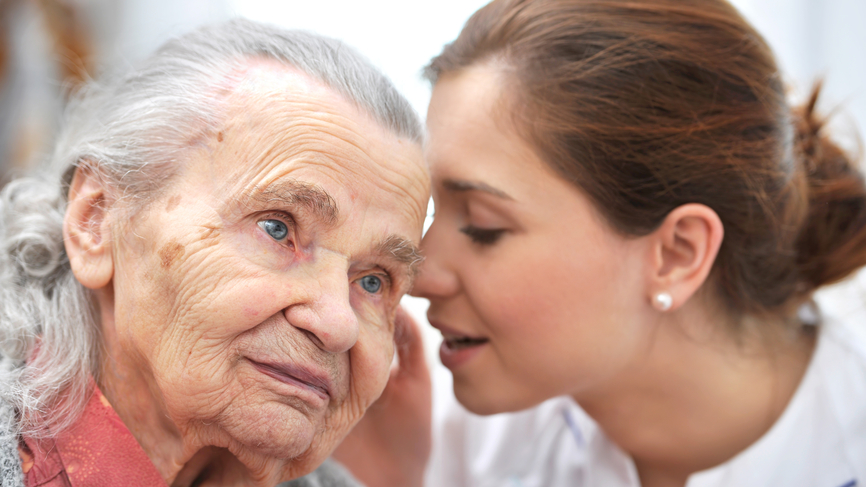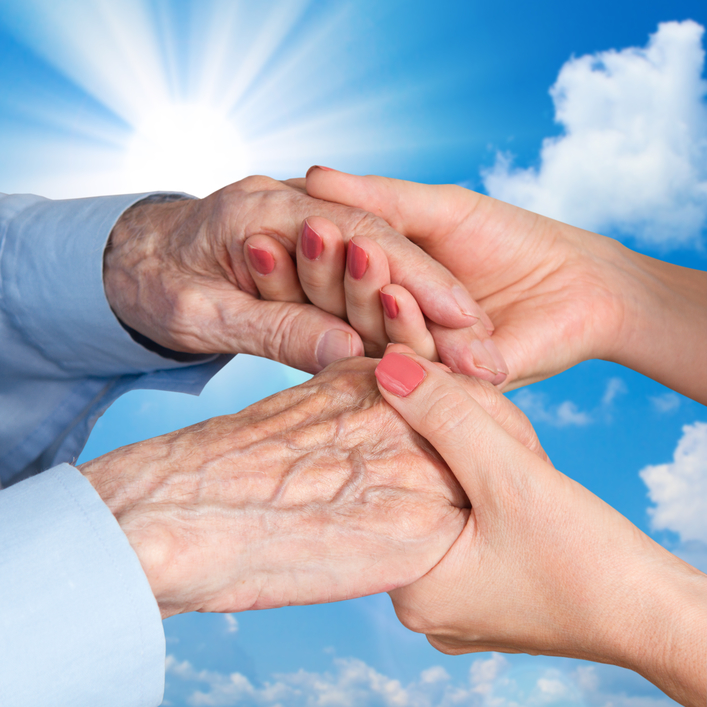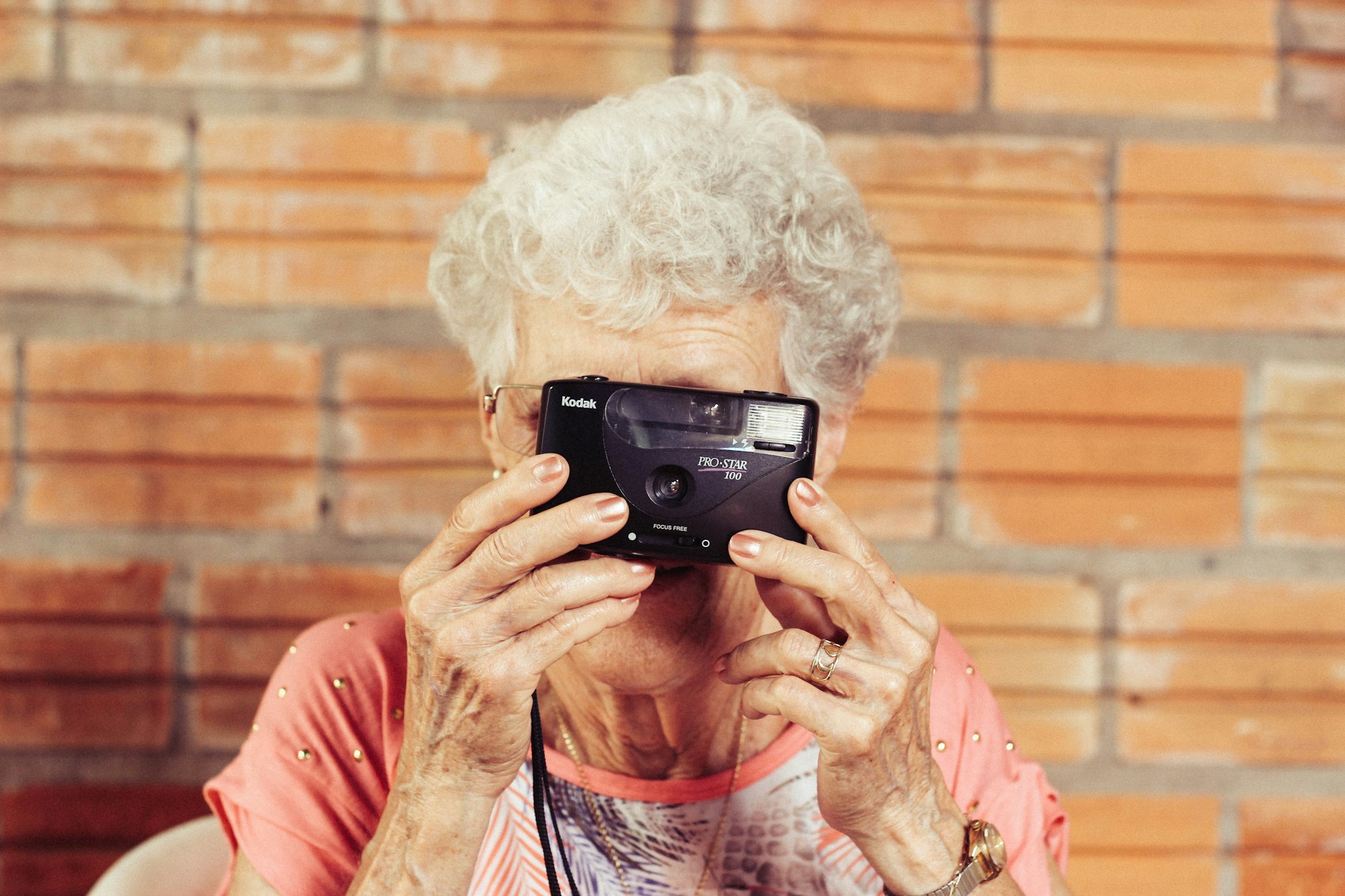Coping with Caregiver Remorse and Regret
Being a caregiver can be difficult, and it's normal to feel guilty or regretful at times. Learn how to cope with these feelings and find the rewards of caregiving in this blog post.

By Judy Morton
Caregiver Guilt: Navigating Caring Amidst Remorse, Prizes, and a Journey of Insights
Being a caregiver can be difficult, and it’s completely normal to feel guilty or regretful at times. Learn how to cope with these feelings and find the rewards of caregiving in this blog post. Despite its challenges, caregiving can be extremely rewarding, offering moments of deep fulfillment and connection.
Within the intricate tapestry of caregiving, where love and devotion interweave with challenges and poignant moments, the threads of fear and regret are often woven. These emotions emerge in the face of aging parents and the inevitability of change, as caregivers navigate their roles with a constant yearning for reassurance. Yet, it’s essential to understand that such sentiments are intrinsic to our shared humanity. We get burned out, tired out and exhausted. The exhaustion and weariness that seep in are not markers of inadequacy but reminders of our own vulnerabilities.
A battle unfolds within, a struggle against self-imposed limits and the negative feelings that accompany acknowledging them. Amidst these tides, the quest for self-care becomes a balancing act, with guilt knocking at the door each time we consider our own needs. It’s vital, however, to recognize that caregiving spans a spectrum as diverse as humanity itself. It’s not a contest but rather a commitment, a testament to our capacity for compassion, love, and devotion. Daily, we provide care willingly, driven by our love, choice, or a sense of duty. Connecting with other caregivers can offer much-needed support and shared experiences.
Amidst these roles, we aren’t just caregivers; we are bestowers of comfort, solace, and happiness. The moments we craft, whether monumental or seemingly trivial, weave together a tapestry of shared experiences. Instead of comparing ourselves, we must honor the distinctiveness of our efforts. Our rewards aren’t trophies but the contentment that comes from knowing that we did our utmost with the resources at hand.
In retrospection, regrets may arise, tied to moments when patience wavered or opportunities were overlooked. Whether it’s a declined request for a pedicure or a less-than-patient response to repetitive questions, these fragments of the past can sting in hindsight. Yet, it’s important to remember that these instances don’t define the entirety of our care. They’re eclipsed by the genuine commitment and the myriad memories and joys shared.
There’s solace in the realization that our presence, even during pivotal moments, brought forth a profound impact. Our care, love, and support extended beyond specific instances, spanning time to offer comfort when it mattered the most. The guilt of missed opportunities must give way to the greater influence of our unwavering care.
So, as we journey through this intricate landscape, let’s acknowledge the fears, regrets, and fragments that shape our humanity. Let’s also acknowledge the rewards that stem from unwavering devotion and unconditional love. Instead of carrying the weight of remorse, we can relish in the understanding that we were present when it truly counted. The shared laughter, conversations, and warmth are the true rewards of our journey. In embracing this path, we stand among the most compassionate, nurturing individuals—caregivers who embody the essence of humanity’s finest traits.

Understanding Caregiver Guilt
Caregiver guilt is a common phenomenon among caregivers, both professional and familial. It’s a feeling of inadequacy, stemming from an internalized idea that you’re not doing enough. Many caregivers feel guilty for not being able to provide the best care, for not spending enough time with their loved one, or for not being able to manage their own emotions. This guilt can manifest itself in the forms of exhaustion, pushing yourself too hard, negative self-talk, anxiety, and other negative emotions. It’s essential to recognize that caregiver guilt is a normal and temporary feeling, but it’s crucial to address it to maintain a healthy and sustainable caregiving experience. Remember, feeling guilty does not mean you are failing; it simply means you care deeply about your role.
The Emotional Toll of Caregiving
Caregiving can be an emotionally draining experience, affecting not only the caregiver’s mental health but also their physical well-being. Caregivers often experience a range of emotions, including anxiety, depression, frustration, and resentment. These emotions can be overwhelming and affect the caregiver’s ability to provide effective care. It’s essential to acknowledge and address these emotions to maintain a healthy and sustainable caregiving experience. Caregivers should prioritize their own emotional and physical needs, seek support from others, and engage in activities that bring joy and fulfillment. By doing so, they can better manage the emotional toll and continue to provide compassionate care.
Building a Support Network
Building a support network is crucial for caregivers to manage the emotional demands of caregiving. A support network can include family members, friends, support groups, and professional caregivers. Caregivers should not be afraid to ask for help and support from others. Joining a caregiver support group can provide a safe space to share experiences and receive support from others who are going through similar challenges. Having a trusted friend or family member to talk to can also help caregivers process and manage their emotions. Remember, you don’t have to navigate this journey alone; there are many caregivers who understand and are willing to help.

Practicing Self-Care
Practicing self-care is essential for caregivers to maintain their physical and emotional well-being. Caregivers should prioritize their own needs, including getting enough sleep, eating a healthy diet, and engaging in regular exercise. Taking breaks and engaging in activities that bring joy and fulfillment can also help caregivers recharge and reduce stress. Caregivers should not feel guilty about taking time for themselves, as it’s essential for providing effective care. By taking care of your own needs, you ensure that you have the energy and resilience to continue your caregiving journey.
Setting Realistic Expectations
Setting realistic expectations is crucial for caregivers to manage their stress and anxiety. Caregivers often hold themselves to impossible standards, which can lead to feelings of guilt and inadequacy. It’s essential to recognize that caregiving is a challenging and demanding task, and it’s okay to ask for help and support. Caregivers should set realistic expectations for themselves and communicate them clearly to their loved ones and healthcare professionals. By setting achievable goals, you can reduce caregiver stress and focus on providing the best care possible without feeling overwhelmed.
Accepting Help and Support
Accepting help and support is essential for caregivers to maintain a healthy and sustainable caregiving experience. Caregivers should not be afraid to ask for help and support from others, including family members, friends, support groups, and professional caregivers. Accepting help and support can include seeking respite care, hiring a home care agency, or joining a caregiver support group. Caregivers should recognize that accepting help and support is a sign of strength, not weakness, and it’s essential for providing effective care. By embracing the support available to you, you can balance caregiving with your own life and ensure that you are not alone in this journey.
FAQ: Coping with Caregiver Remorse and Regret
What is caregiver remorse, and why do caregivers feel guilty?
Caregiver remorse refers to feelings of guilt, regret, or frustration that caregivers may experience during their caregiving journey. Many caregivers feel guilty because they feel they are not doing enough, struggle to balance caregiving with their own life, or feel frustrated when they fall short of their own or others' unrealistic expectations.
Is it normal to feel negative emotions like guilt, anger, or frustration as a caregiver?
Yes, it is completely normal. Caregiving is a difficult situation that often brings human emotions such as guilt, frustration, anger, fear, and grief. Acknowledging these feelings is the first step to coping with them.
How can I deal with caregiver stress and find balance in my caregiving role?
To balance caregiving with your own needs:
- Focus on your well-being by getting enough sleep, rest, and proper nutrition.
- Set realistic expectations for yourself.
- Take moments to find joy in your life outside caregiving.
- Seek support from a caregiver support group or a trusted friend.
- Consider using day care or other helpful resources to manage the demands of caregiving.
Why do caregivers often feel guilty about putting their own needs first?
Many caregivers feel guilty because they prioritize their loved one’s care over their own needs, believing that focusing on themselves may make them less attentive to their family member. However, taking care of your health and well-being is essential to provide care effectively.
How can support groups help caregivers cope with remorse and guilt?
Support groups offer a safe space to talk about feelings, share experiences with other caregivers, and gain perspective on difficult decisions. Connecting with others in similar situations can provide a sense of relief, understanding, and practical advice.
How can caregivers let go of guilt and unrealistic expectations?
To let go of guilt:
- Acknowledge that you are human and cannot meet impossible standards.
- Accept that caregiving is extremely rewarding but also emotionally challenging.
- Focus on what you can control and let go of what you cannot.
- Talk with a therapist or counselor to process feelings like guilt, regret, and anxiety.
What are signs that caregiver guilt may lead to anxiety or depression?
Caregivers may experience anxiety or depression if they:
- Constantly feel overwhelmed or stressed.
- Struggle to find joy in life.
- Feel hopeless, isolated, or disconnected from family and friends.
- Experience persistent feelings of regret or sadness. If these feelings persist, seeking help from a mental health professional or caregiver support services is essential.
How can caregivers focus on their emotional health and well-being?
To focus on your emotional health:
- Rest and sleep adequately to cope with daily challenges.
- Share your feelings with a trusted person, support group, or therapist.
- Find time to engage in activities that bring you happiness and relaxation.
- Remember that it’s okay to ask for help when you need it.
What should caregivers do when feeling frustrated or angry with their caregiving role?
Frustration is a natural emotion in caregiving. When you feel frustrated:
- Take a moment to pause and breathe deeply.
- Step away to regain your perspective.
- Talk to someone you trust about your feelings.
- Remind yourself of the important thing: your loved one’s well-being and your own health.
How can caregivers maintain a healthy relationship with their loved one while managing caregiver stress?
To maintain a healthy relationship:
- Communicate openly about feelings with your loved one and other family members.
- Set boundaries to balance caregiving and your own life.
- Take breaks when needed to avoid burnout.
- Focus on moments of connection and joy with your loved one.
What resources are available for caregivers dealing with stress and difficult emotions?
Caregivers can find support through:
- Local caregiver support groups and national centers for caregiving resources.
- Day care services for their loved one.
- Therapy or counseling for emotional support.
- Online forums and communities for connecting with other caregivers.
Why is it important to talk about the emotional side of caregiving?
Discussing the emotional side of caregiving helps caregivers process difficult feelings like guilt, regret, and grief. It also normalizes the challenges caregivers face and highlights the need for self-care, support, and understanding.
What should caregivers remember about their role and efforts?
Caregivers should remember:
- They are doing their best in a challenging situation.
- It's okay to have moments of frustration or regret.
- Their role is vital, and their care makes a significant difference in their loved one’s life.
- Finding a balance between caregiving and their own life is key to long-term success and well-being.
If you're feeling overwhelmed, don't hesitate to reach out for support—it’s not a sign of weakness but a step toward healing.
Our Resources section can help you find the information and tools that you need. We have courses, videos, checklists, guidebooks, cheat sheets, how-to guides and more.
You can get started by clicking on the link below. We know that taking care of a loved one is hard work, but with our help you can get the support that you need.
Click here to go to Resources Section now!
You might also like this article:














